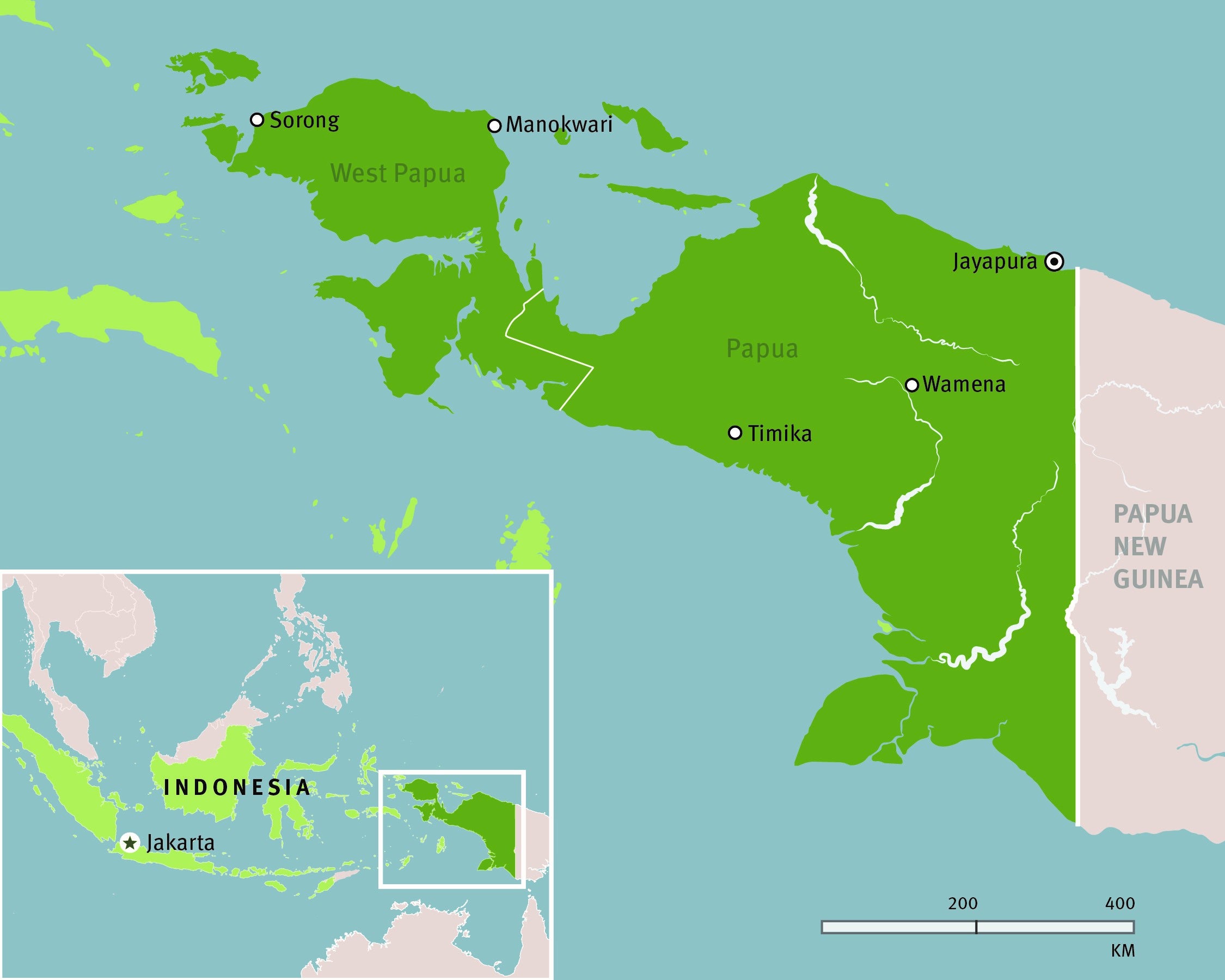According to energy analysts, Indonesia is on track to forge a clean energy partnership with rich nations when it hosts the G20 summit in November, secures international funds to reduce its domestic energy dependency on coal and implements a green and fair transition.
The multibillion-dollar deal is expected to help Indonesia quickly phase out coal-fired power plants and increase investment in renewable energy with support from wealthy developing countries and private banks and philanthropists.
The deal will be unveiled at a meeting of leaders from the world's 20 largest economies in Bali on November 15-16, said Fabi Tomia, director of Indonesia's Institute for Utility Reforms, an energy and environment think tank.
He added that this would be a "major victory for the presidency" of Indonesia's Joko Widodo, while also serving as a model for other G20 countries and coal-producing nations considering clean energy transitions, such as India and China.
At last year's COP26 climate summit, the United States, Britain, France, Germany and the European Union offered an $8.5 billion package to help southern Africa achieve an "energy transition" away from coal, but progress was slow due to type disputes. Funding and Placement.
In addition to Indonesia, other countries such as Vietnam, India and Senegal are discussing similar partnerships.
As part of the Paris Agreement to fight global warming, Indonesia - the world's eighth-biggest carbon polluter - has pledged to cut its emissions by around 32% below normal levels by 2030 and hopes to reach net-zero by 2060.
But about 85% of the Southeast Asian archipelago's electricity is generated from fossil fuels – coal-fired power plants meet about 60% of Indonesia's energy needs.
Replacing coal-fired power with renewable energy would be costly for Indonesia — a cash-strapped developing country still suffering the economic fallout from the COVID-19 pandemic.
While the principles of a deal for the clean energy transition will be announced next month, more details on the scope and investment plan to fund the green transition are expected to follow in 2023.
He added that the best renewable energy sources for Indonesia are solar, hydroelectric and geothermal.
Their resettlement would require around $135 billion in funding by 2030, he said, and the success of an interim deal would depend on the commitment of wealthy Western countries.
"The (Indonesian) government aims to increase renewable energy to 40% of the electricity sector by 2030, and that requires huge investments," Tomeiwa said.
As the world's largest exporter of thermal coal, Indonesia aims to increase the share of renewable energy in its energy mix to 23% by 2025, but has so far reached around 12%.
Jakarta is expected to announce a list of decommissioned coal-fired power plants at the G20 summit and plans to promote the use of green energy in all industries, said Clorinda Wibowo, the institute's energy expert. Indonesian world resources.
Wibo also said the Renewable Energy Sources Act is still being drafted, meaning details on how to implement the Energy Transition Agreement with donors may be missing as it is still under negotiation.
Aloysius Joko Purwanto, an energy economist at ASEAN and the East Asia Economic Research Institute in Jakarta, said the first version of the deal will likely set the total amount and define pillars such as coal-fired plant shutdowns and renewable energy investments, which will be renewable. energies and modernization. electrical network.
He added that "public acceptance will be lower if the payment takes the form of a loan or a debt," and called for consultations with the public and civil society groups to start implementing the deal. - Thomson Reuters Foundation
Our website uses cookies to improve your experience. Learn more
Ok


